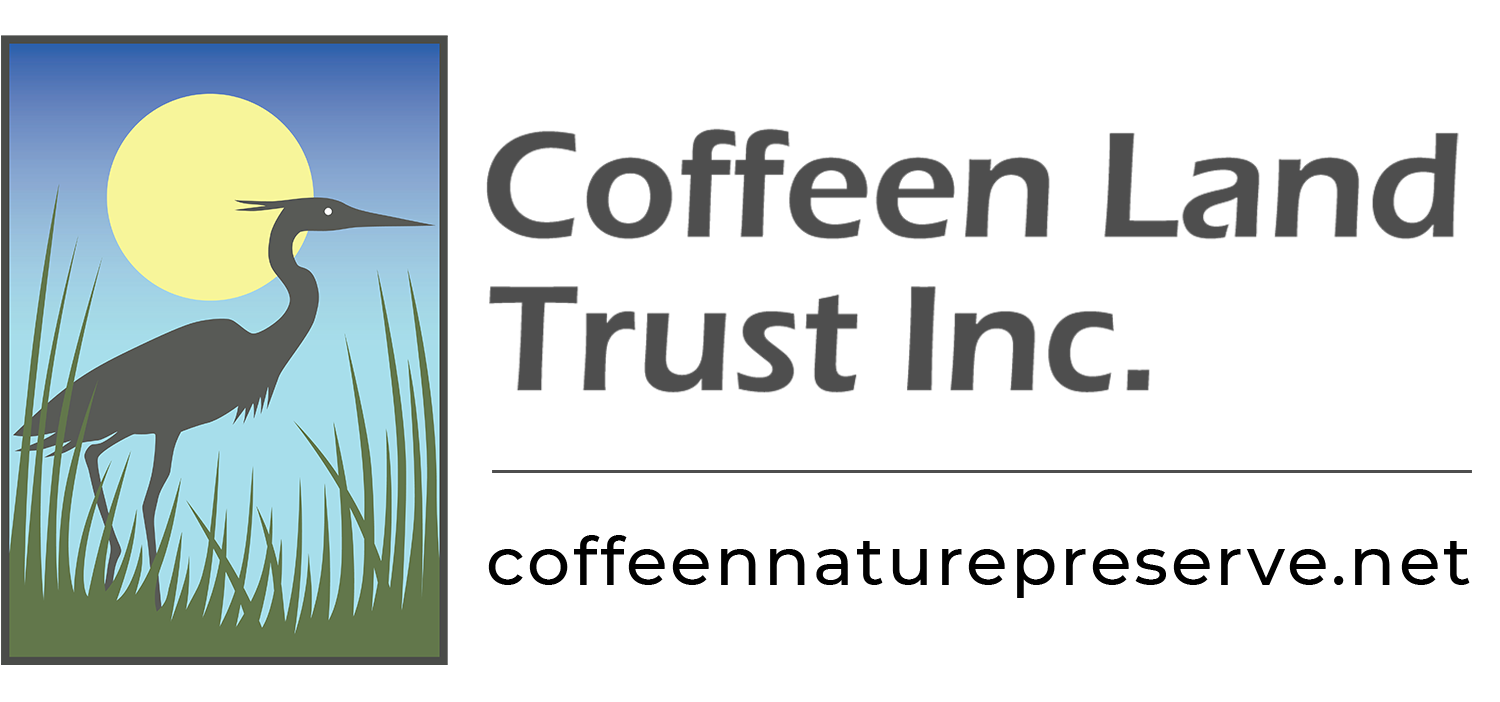Many people in the Florida panhandle enjoy Ruby-throated hummingbirds during summer and fall but are not aware a hummingbird might spend the winter in their yard. People take down their feeders during late fall because of the mistaken idea that feeders will entice hummingbirds to remain and then succumb to cold weather. When it is time for Ruby-throated hummingbirds to migrate, they will depart with or without your feeders. Most Ruby-throated hummingbirds are genetically programmed to migrate to the tropics by the middle of November. However, a few Ruby-throated hummingbirds do stay for the winter, and small numbers of several species of western hummingbirds migrate east to spend the winter in the eastern United States.
Hummingbird banders working with the Hummer/Bird Study Group (HBSG) have banded thirteen different kinds of hummingbirds in the eastern United States: Ruby-throated, Black-chinned, Rufous, Allen’s, Anna’s, Calliope, Buff-bellied, Broad-tailed, White-eared, Green Violet-ear, Magnificent, Broad-billed, and Green-breasted Mango. HBSG suggests you leave a feeder up all winter, and you may have one of those types of hummingbirds spend the winter with you. Those hummingbirds are cold hardy and will not be harmed by the mild winter weather in this area.
You should put your feeder where it can be observed and maintained easily. It is not necessary to buy ready-made nectar, since the birds get all the vitamins, minerals, and protein they need from natural nectar and insects they eat. Partially fill your feeder with a mixture of one part table sugar to four parts water, but do not use food coloring. Do not use honey or artificial sweeteners because they are harmful to hummingbirds.
Wintering hummingbirds are not lost birds. They often demonstrate great site fidelity and spend the entire winter in one location. Some return to winter at the same home year after year and are considered family members. A Rufous hummingbird has returned to a home near Montgomery, AL for five winters, and a Buff-bellied hummingbird has spent
seven winters at a home in Pensacola, FL.
The Hummer/Bird Study Group has a continuing research project to document wintering hummingbirds. If you have a hummingbird at your feeder between 15 November and 1 March, please contact Fred Bassett of Montgomery AL. You can reach him by email at fhound@aol.com or telephone 334-244-0227. Mr. Bassett will come to your home to identify, band, and photograph your hummingbird. He will let you release the bird back into your yard and send you photographs of your special bird. Banding will not harm your hummingbird or cause it to leave your yard. Fred Bassett is a federally licensed master bird bander who specializes in documenting western hummingbirds wintering in the eastern United States.
Written by:
Dara Dobson
Walton County Master Gardener
